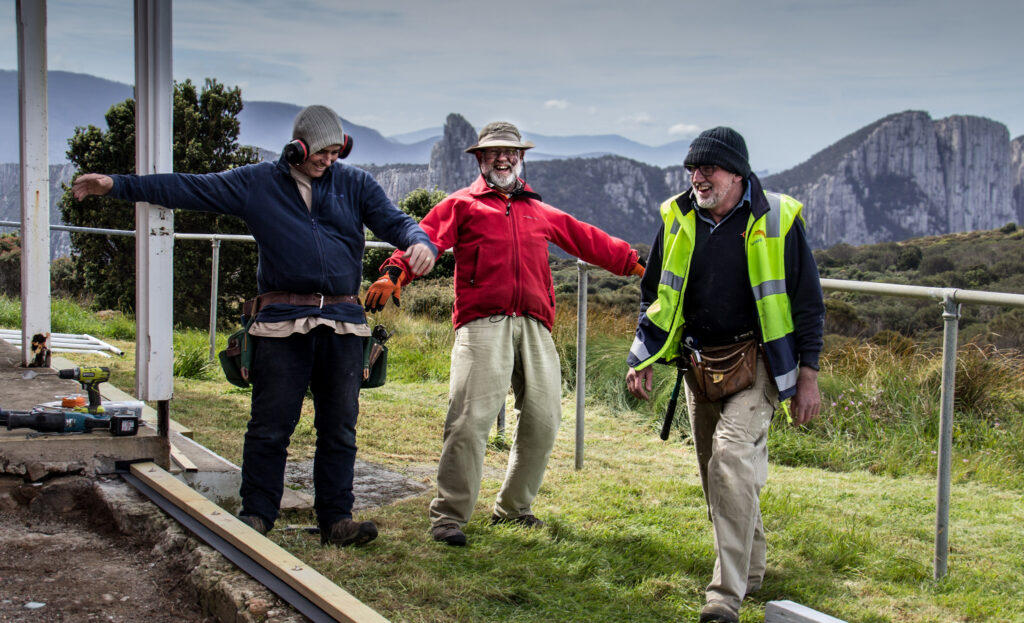
Wildlife - 80 Members
Friends of Lillico Penguins
Support Friends of Lillico Penguins
To assist the work of this group, enter an amount below to make a non-deductible contribution.
No matter how large or small, you can make a difference.
Latest News
Read about the latest happenings from Friends of Lillico Penguins
© 2025 Wildcare Tasmania Incorporated. All rights reserved. Web Design by Ionata Digital








